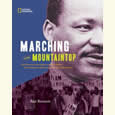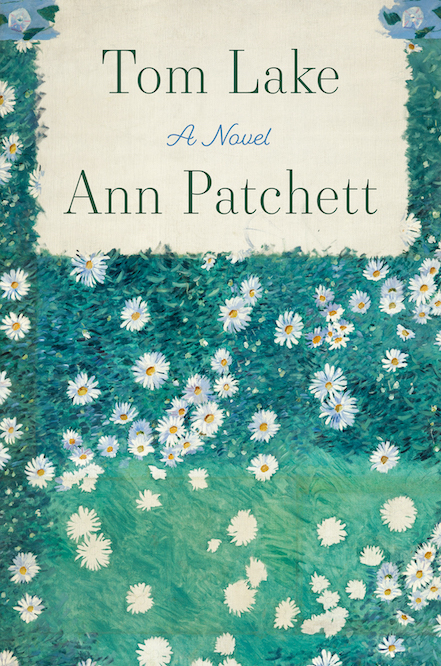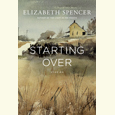Everyone Fights an American War
Omar El Akkad’s novel imagines a dystopia of partisan political divisions
“Some people are born sentenced to terrible inheritance, diseases that lay dormant in their blood from birth,” reflects the reluctant narrator of Omar El Akkad’s new novel, American War.
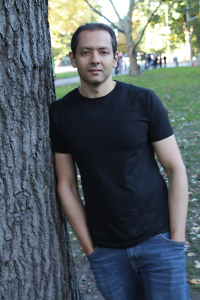
The second American Civil War begins in 2074 when an unstable Southern girl blows herself up and kills the president, but its seeds were sown long before that. The climate crisis has accelerated, and the coastline as we know it has disappeared, leaving behind frayed scraps of land where whole cities once stood. The rest of the world—including the Middle East, which has now united to become the prosperous Bouazizi Empire—moved to solar energy long ago. The federal government has relocated to Columbus, Ohio, and in a Hail Mary pass has outlawed fossil fuels. The South, however, has other ideas.
It’s easy to see such a climate catastrophe as a possibility––or for the more eco-anxious among us, an inevitability––but even in an increasingly factional America, we still hope we’ll come together for peace. Not so in the destitute world of American War. El Akkad is not primarily concerned with the political narrative of this future, though it is collected here in the form of oral histories, Senate-hearing transcripts, and newspaper articles, which provide the historical context for his real focus: the personal narratives of a family deranged and destroyed by the war.
In the beginning, the Chestnut family lives in a shipping container in southernmost Louisiana. They are poor but scrappy, anxious but happy. The war has started, and the mother, Martina, has badgered the father into scrounging up an application for a Northern work permit. The morning he arrives at the office for his interview, a Southern insurrectionist blows himself and the building up. As fighting edges closer to home, the remaining Chestnut family––Martina, her son, Simon, and her twin girls, Dana and Sarat¬¬––make it to a refugee camp in the Free Southern State.
There Sarat, a tomboy and a loner, is approached by a man named Albert Gaines, who visits periodically with envelopes of money for insurrectionist families and leaves before the stink of the ever-overflowing sewage canal begins to cling to his pre-war suit. In the pestilence of the refugee camp, he is the one scrap of dignity, of freedom. “I seek out special people,” he tells Sarat, “people who, if given the chance and necessary tools, would stand up and face the enemy on behalf of those who can’t.” Sarat falls for it.
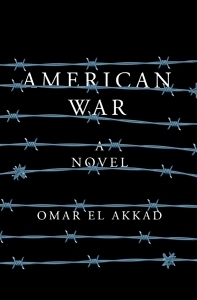 In some ways the most fully realized character in this novel is the maimed American South. Members of the Chestnut clan sometimes feel formulaic: Sarat is the silent but deadly rebel, her brother patriotic and reckless, her mother a strong black matriarch, her sister a contemporary Southern belle. But the settings they inhabit are detailed and nuanced: a bush of anemic palms grows away from the sun; a farmhouse is frozen in mid-collapse; a restaurant’s outdoor grill is mounted in a rusted out “fossil truck” with its hood sheared off.
In some ways the most fully realized character in this novel is the maimed American South. Members of the Chestnut clan sometimes feel formulaic: Sarat is the silent but deadly rebel, her brother patriotic and reckless, her mother a strong black matriarch, her sister a contemporary Southern belle. But the settings they inhabit are detailed and nuanced: a bush of anemic palms grows away from the sun; a farmhouse is frozen in mid-collapse; a restaurant’s outdoor grill is mounted in a rusted out “fossil truck” with its hood sheared off.
El Akkad was born in Cairo and grew up in Qatar and Canada, where he spent a decade writing for The Globe and Mail. For this novel he mines his experience covering the war in Afghanistan, the military trials of Guantánamo Bay, the Arab Spring in Egypt, and the Black Lives Matter movement in Ferguson. American War features malfunctioning drones that bomb and crash at random, guerrilla tactics, viral warfare, and a splintered Southern resistance that turns against itself rather than present a united front. But El Akkad hasn’t really written a book about America, which might explain the bizarrely absent conversation about race. The novel’s punch lies in its many analogies to the Middle East.
The suffering in current-day Syria or Iraq is not exotic. The U.S. is often involved in such conflicts at a great distance and with unclear motives, so those of us who are privileged to focus on our home base can hardly be blamed for shoving aside this terrible part of our own national inheritance. American War forces us to confront the devastating consequences that factional politics can have on individual lives, and question the inheritance we will leave behind.

Erica Ciccarone is an independent writer living in Nashville. She holds an M.F.A. from the New School and contributes regularly to several print and online publications and to Nashville Public Radio. .
